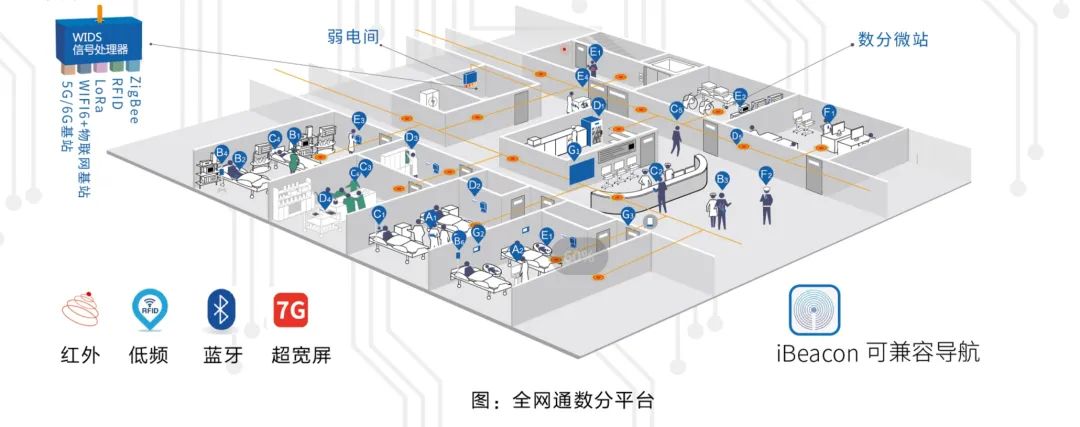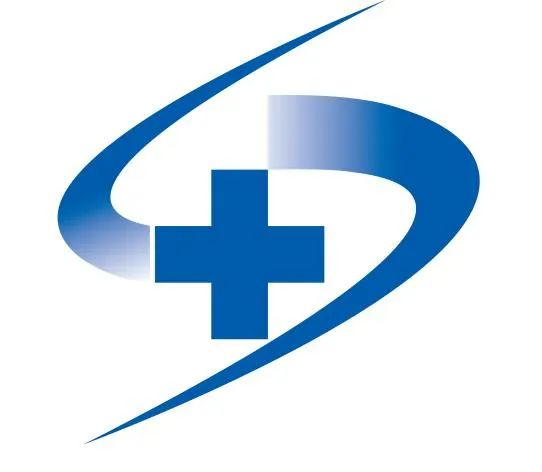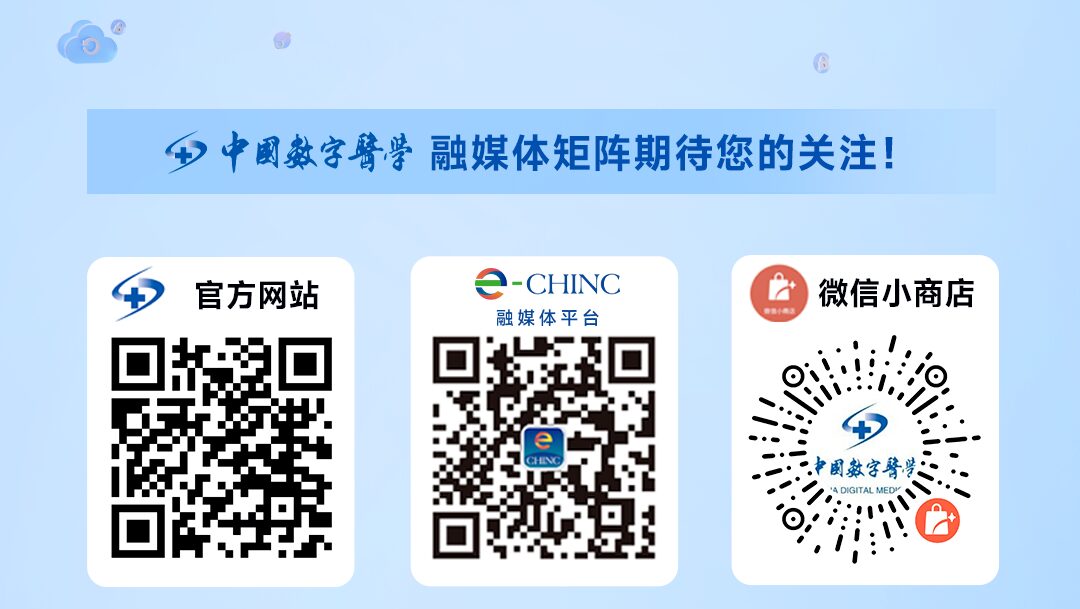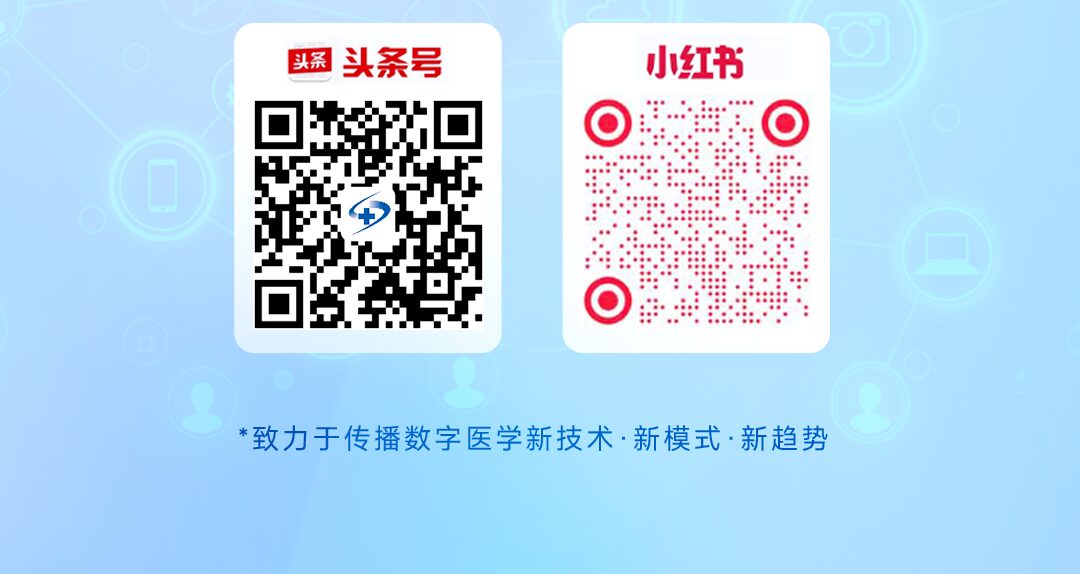
Case Sharing
2022 Annual Medical Informatization Technology Innovation Shortlisted Cases
Case Name
Smart IoT Platform and Application Practices
Reporting Unit
Fujian Medical University Mengchao Hepatobiliary Hospital
Participating Units
Onco Information Technology (Shanghai) Co., Ltd.
Case Overview
Fujian Medical University Mengchao Hepatobiliary Hospital is a comprehensive tertiary hospital integrating medical treatment, teaching, research, and new technology development, with 1,200 open beds. The hospital adopts a “1+N” design concept, building an integrated smart IoT platform that includes WiFi, 5G, IoT sensing, and IoT positioning, and has developed innovative applications such as mobile infusion monitoring, patient temperature monitoring, patient vital signs collection, perioperative closed-loop management, and intelligent navigation, utilizing the intelligent perception capabilities of the IoT to achieve automated data collection, early warning, and analysis, assisting the hospital in optimizing and improving service processes, enhancing clinical service efficiency and medical quality, and improving patient experience and sense of gain.

Problem Solving
1. IoT technology incompatibility, requiring repeated network construction for different application scenarios. Currently, the IoT faces many standards and lacks interoperability among manufacturers. By building a wireless IoT platform, we can achieve access to IoT signals of different standards and protocols, allowing flexible expansion of IoT applications.
2. Pain points in clinical applications, addressing specific problems through IoT technology in clinical application scenarios meets clinical requirements, enriches the granularity of hospital management, and aligns with international policy directions.
Innovative Content
Building a wireless IoT access platform, while integrating WiFi internal network, WiFi external network, IoT positioning network, and IoT sensing network, from 400MHz to 7125MHz, supporting various IoT communication protocols of different standards, including 802.11ax, NB-IoT, LoRa, ZigBee, Thread, BLE, WMTS, and carrier 5G protocols, meeting various medical wireless applications.
Using IoT technology to achieve full closed-loop management of the infusion process, tracking management of perioperative patients throughout the entire process. By using hand hygiene sensors, we manage nurses’ daily hand hygiene compliance. Through contactless smart mattresses, we monitor patient vital signs and provide pressure sore risk warnings. By using wearable temperature sensors, we achieve continuous 24-hour monitoring of the temperature of surgical and febrile patients.
Achievements
1. Social Benefits
(1) Providing better services for patient diagnosis and treatment, enhancing hospital medical quality management.
(2) Promoting the standardization of hospital management, improving hospital management decision-making capabilities.
2. Economic Benefits
(1) Improving nursing efficiency, reducing the demand for nurses,
(2) Shared IoT platform for multiple business systems, reducing system construction costs.

END
Previous Recommendations
Schedule Release | 2024 Western Smart Hospital Construction Academic Exchange Conference
How can contracts worth hundreds of millions only last three years? What to do if the supplier runs away with the data? | Medical Information Experts “Face to Face”
System Design Application Paper Writing Guide: 5 Steps to Help You Easily Master It
Shengzhou People’s Hospital Embarks on the Future Hospital Development Path! Lingzhong Smart Lyra 8.0 First Battle Successful!







If you find the article meaningful, please give us a thumbs up
